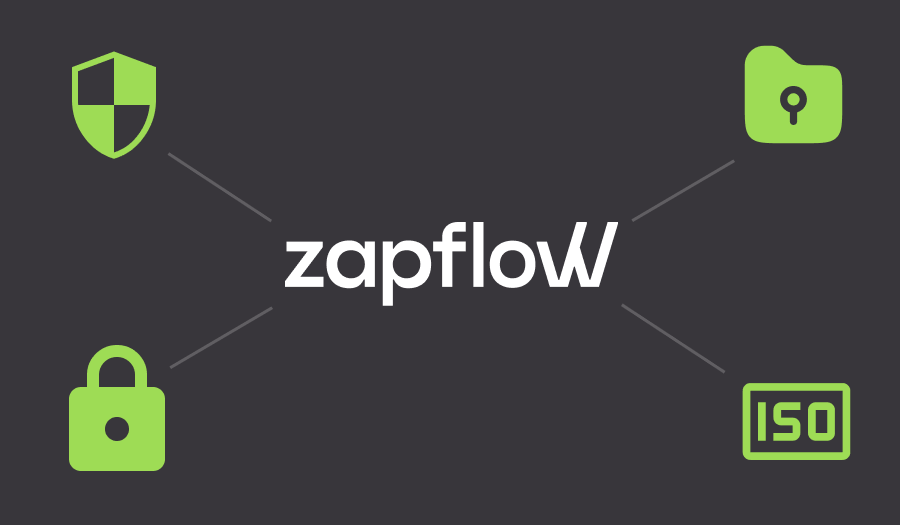Sound investment decisions are always backed up by thorough data analysis. Access to reliable market data is crucial for venture capital (VC) firms to evaluate which startups should progress in their deal pipelines. Gaining access to the correct data, however, isn’t always easy.
The data used to support well-informed investment decision-making should meet two primary criteria. It should:
- Come from the startups themselves or a reliable third-party data supplier, and
- Provide enough information and context for VCs to make well-rounded decisions.
With unreliable market data, VCs risk conducting incorrect analyses that may steer them toward wrong and potentially harmful investment decisions. On the other hand, incomplete data can make promising startups seem unviable or vice versa, leading to missed opportunities and potential losses.
Databases like Pitchbook and Crunchbase are excellent sources of basic startup information, but they aren’t always enough to help firms make definitive decisions. Knowing how much money a startup has raised in previous funding rounds can help. Still, several other factors must also be considered, like current market trends and the projected time needed to reach profitability.
The correct data enrichment strategies can help VCs tackle these challenges effectively. In this article, we discuss the importance of adequate data enrichment and three crucial strategies you can use.
The Importance Of Data Enrichment For Vcs
In the realm of venture capital, data enrichment is the process of enhancing raw market data with additional information to improve its quality and relevance.
Effective data enrichment can help VCs better understand the market and industry in which a startup operates. Supplementing raw data with information such as market trends, consumer behaviour, and competitor analysis helps VCs gain deeper insights into the viability and potential of a particular investment. This reduces the risk of investing in companies with fewer chances of success or those operating in saturated markets.
Data enrichment also helps VCs identify potential drawbacks that may affect the success of an investment. By analysing data related to financial performance, customer feedback, and regulatory compliance, VCs can identify areas of concern and take steps to mitigate these risks before investing in a startup.
In addition, better data also helps VCs build stronger relationships with their startups. Access to real-time performance and revenue information allows VCs to share valuable insights and guidance with startups and actively support them through their growth stages.
Three Effective Data Enrichment Strategies For Better Deal Sourcing
Adequate data enrichment in VC entails finding better, more reliable data sources to access real-time market data, analyse it effectively and draw actionable insights to inform deal-sourcing processes. Here are three effective strategies that can help optimise this process.
Focus On Network Analysis
Network analysis is identifying and analysing the relationships between the individuals, organisations, and entities in a market. Network analysis enables VCs to remember critical players within a particular industry or market. Mapping out the relationships between individuals and organisations allows VCs to identify influential stakeholders who can provide valuable insights or introduce them to potential investment opportunities. This can be particularly useful for VCs looking to scale to a new industry or market.
Another key benefit of network analysis is that it can help VCs better understand industry dynamics. VCs can gain insights into the factors that drive success and identify potential challenges or risks by examining the relationships between the dominant players in a market or industry. This can help VCs to make more informed investment decisions and avoid investing in companies that are unlikely to succeed.
The advent of automated data analysis has made it easier for firms to gather and analyse network analysis data. VCs can now use tools like Scrapy or BeautifulSoup to extract valuable market data from websites like LinkedIn or Crunchbase. Further, social media listening tools can be used to identify famous individuals or organisations within an industry and monitor trends or sentiments related to a particular topic. This data can then be examined using cutting-edge AI/ML tools that identify patterns or trends that may not be immediately apparent.
Use Natural Language Processing (NLP) Tools For Effective Sentiment Analysis
Natural language processing (NLP) is a subfield of artificial intelligence (AI) that focuses on the interaction between computers and humans. Modern NLP tools can be trained to interpret messages, blogs, videos, pictures, and more. This can be used for important data enrichment activities like sentiment analysis and trend sighting. The utility of NLP-based information enrichment can be understood better using an example.
Let’s say a VC firm is considering an investment in a promising Fintech startup. However, while one group of partners at the VC is enthusiastic about it, another group is not entirely sold on Fintech businesses and would instead invest in a traditional bank. In this case, NLP tools can help break the tie by studying data from investment forums, social groups, and blogs. The results can help confirm or dispel doubts about Fintech companies, enabling the VC to make a well-informed decision. NLP analysis can similarly identify key market investment trends and gauge how many consumers would be interested in investing with a new Fintech startup.
By leveraging intelligent NLP tools, VCs can automate the collection and analysis of large amounts of unstructured data and generate key insights that significantly add to their usable data pool.
Use Machine Learning (ML) Tools For Effective Big Data Analysis
The volume and complexity of data available to VC firms have increased significantly in recent years. Powerful ML tools can help firms keep up with market changes and modify their data analysis processes according to the latest trends.
VC firms can use ML tools to reduce investment risks and streamline their overall deal flow. ML algorithms can explore large volumes of data quickly and efficiently, identifying patterns and relationships that would be impossible to detect using traditional analysis methods.
These patterns can then be used to conduct predictive analyses and comprehensive risk assessments, which are an important part of any VCs risk mitigation efforts.
Better Deal Flow Management With Zapflow
At Zapflow, we specialise in creating flexible and dynamic deal pipelines that can be modified according to your latest deal-sourcing intel. Our state-of-the-art deal sourcing and management solution is more than a CRM. It is a comprehensive deal flow management system that allows VCs to collect and display data from several deal sources, communicate with selected startups, and generate important analysis reports, all on the same platform.
Users can also easily add or remove deal sources from their pipelines according to their data enrichment strategies and create a dynamic deal flow that can scale with the business.
Learn more about how we help VC firms win.
Get in touch today!



